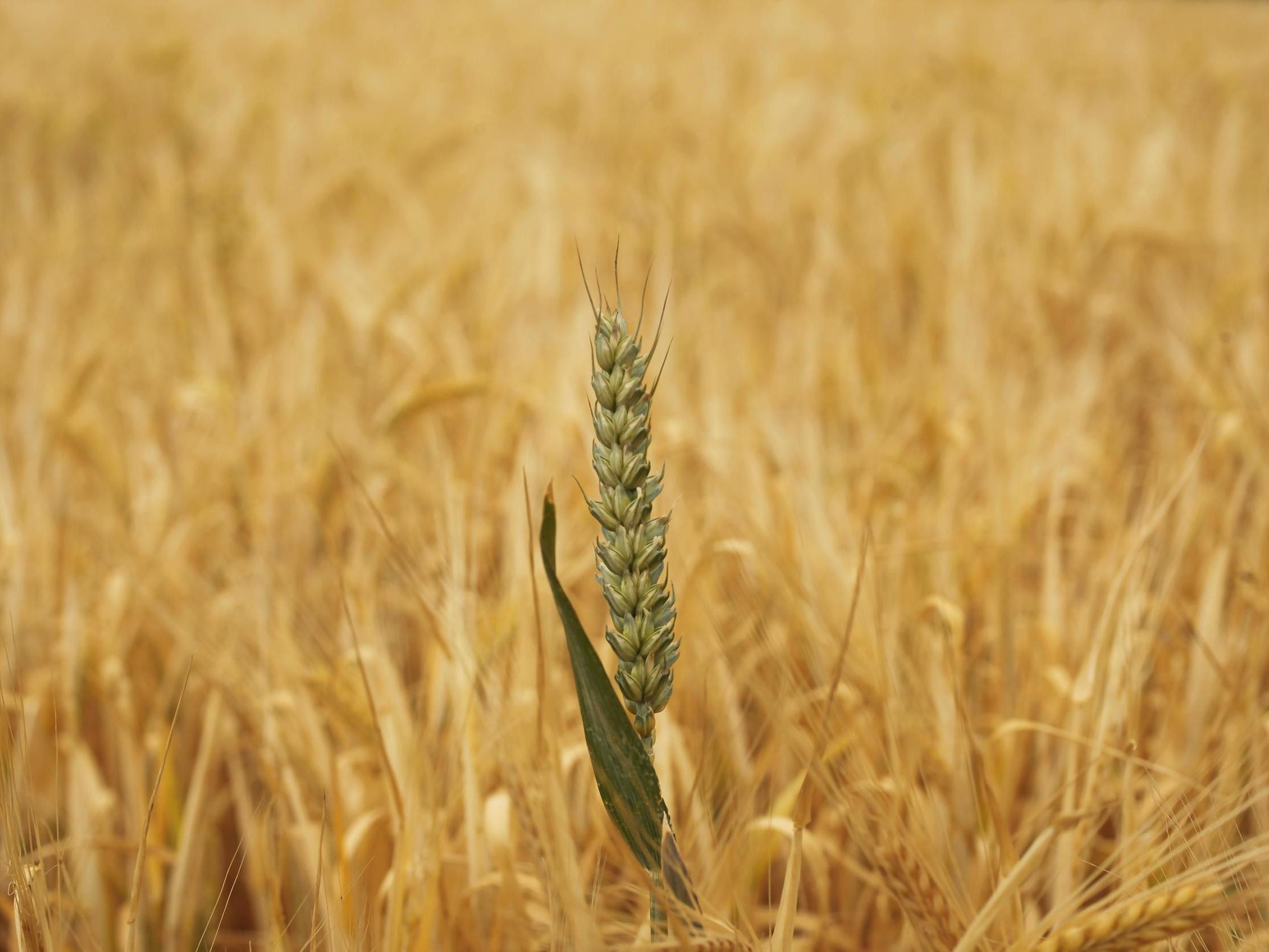£33m of UK funding to be spent on ‘super crops’ that are resilient to climate change
‘Biofortified’ plants currently on display at Chelsea Flower Show

Your support helps us to tell the story
From reproductive rights to climate change to Big Tech, The Independent is on the ground when the story is developing. Whether it's investigating the financials of Elon Musk's pro-Trump PAC or producing our latest documentary, 'The A Word', which shines a light on the American women fighting for reproductive rights, we know how important it is to parse out the facts from the messaging.
At such a critical moment in US history, we need reporters on the ground. Your donation allows us to keep sending journalists to speak to both sides of the story.
The Independent is trusted by Americans across the entire political spectrum. And unlike many other quality news outlets, we choose not to lock Americans out of our reporting and analysis with paywalls. We believe quality journalism should be available to everyone, paid for by those who can afford it.
Your support makes all the difference.Tens of millions of pounds are to be spent on developing “super crops” to improve diets in poor countries in the face of climate change, the government has said.
Around £33m of new UK aid funding will be invested in research to develop crops such as sweet potato, beans, wheat and rice that are enriched with key vitamins and minerals in a bid to help alleviate “hidden hunger” in developing countries.
The crops are also resilient to environmental challenges such as increasing drought as the world heats up.
The announcement comes as “biofortified” crops which have already been developed with the support of UK aid are on display at Chelsea Flower Show in a garden developed by female-education charity Camfed.
It is hoped the new crops, which are also developed to have high yields, will improve the health and nutrition of women, adolescent girls and children under five in almost 14 million households in the developing world by 2022.
The Department for International Development (DfID) said the UK had played a major role in developing such “super crops”, which use conventional plant breeding and agricultural science to increase the nutrients in the plant.
Biofortified crops are grown across 30 countries in sub-Saharan Africa and south Asia. Maize, cassava and sweet potato rich in vitamin A, beans, millet rich in iron and wheat and rice which are rich in zinc are among the plants grown.
International Development Secretary Rory Stewart said: “I’m proud that DfID is not only part of the first ever RHS Chelsea Flower Show garden to showcase climate-smart crops, but that we are also working with Camfed to train female entrepreneurs in sustainable farming methods to support their communities in Zimbabwe.
“It is often the poorest people who are the most affected by increasingly erratic weather and rising temperatures, which is why UK aid is supporting the development of the latest technology and science to help crops withstand drought and floods. I hope the thousands of visitors to the show enjoy the garden and are inspired to take their own steps to help tackle climate change and protect our environment for future generations around the world.”
DfID chief scientist Charlotte Watts said: “By harnessing climate and nutrition-smart technologies like biofortified crops, we can improve the livelihoods of thousands of women and girls. These crops are not just more resilient to droughts and diseases but provide a sustainable source of much needed nutrients to rural communities.
“These, in combination with the transformative impact of education, are empowering women to run agricultural businesses and lift themselves and their households out of poverty.”
Additional reporting by Press Association
Join our commenting forum
Join thought-provoking conversations, follow other Independent readers and see their replies
Comments